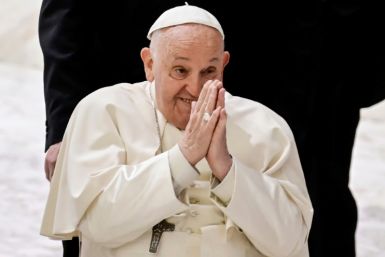Australian Meat Industry Forecasts 2.197 Million Tonnes Beef, Veal Production for 2012
Despite the problems with Indonesian beef importation, the meat industry of Australia is expected to enjoy a good year. For 2012, Meat and Livestock Australia (MLA) forecasts that beef and veal production would reach 2.197 million tonnes (carcass weight).
It would be a record-high and a 2.3 per cent increase for 2011 levels due to improved seasonal conditions that would result to carcass weights growing heavier than the average.
Besides the higher volume of production, the industry is also expected to benefit from higher prices due to growing global demand and driven by expansion of Australian beef exports into Russia, the Middle East and a large number of southern Asian markets.
For 2012, Indonesia cut import permits for Australian cattle to only 289,000 head from 520,000 head in 2011. Indonesia explained the move to promote self-sufficiency in cattle raising although observers said it could be linked to a video footage which exposed animal cruelty in Indonesian slaughterhouses.
The previous year was not so good for the industry because of a 40 per cent drop in meat exports to the Middle East and Africa and a 25 per cent decline in exports to China, which is Australia's third-largest market.
The MLA believes the lost income from the drop in Indonesian import permits would be made up by increased exports to other markets.
The other issues that Australian beef producers have to face include debts that they have accumulated over the years when drought hit the country. Tim Mcrae, chief economist of MLA, pointed out that the Aussie beef producers are only beginning to make some headway with higher sales and favourable cattle prices.
He added that more cattle is expected to be released to the market for sale and processing after the producers held on to their female stocks and got more calves on the ground in 2011 when there was too much rain in some states.
Mr Mcrae added that Australia's sheep and lamb industry are doing well and there is renewed vigour in rural communities as farmers expect an end to the drought that began in 2010.
To give the industry more boost, the MLA launched in October a new summer beef campaign through a sustained drive in television, print and digital media by promoting barbecues that would boost sales of beef.
The campaign included the putting of the message Nothing beats beef through 33 major billboards and in 500 bus stops throughout Australia. The billboards include smoking beef images while the bus stops campaign has barbecue scents.
The campaign is for six months to sustain demand for Australian beef throughout summer.
It followed a successful winter beef campaign that ran from June to August 2011 in which there was an increase in beef's share of the retail fresh meat category to 37.9 per cent from 37.1 per cent in 2010.






